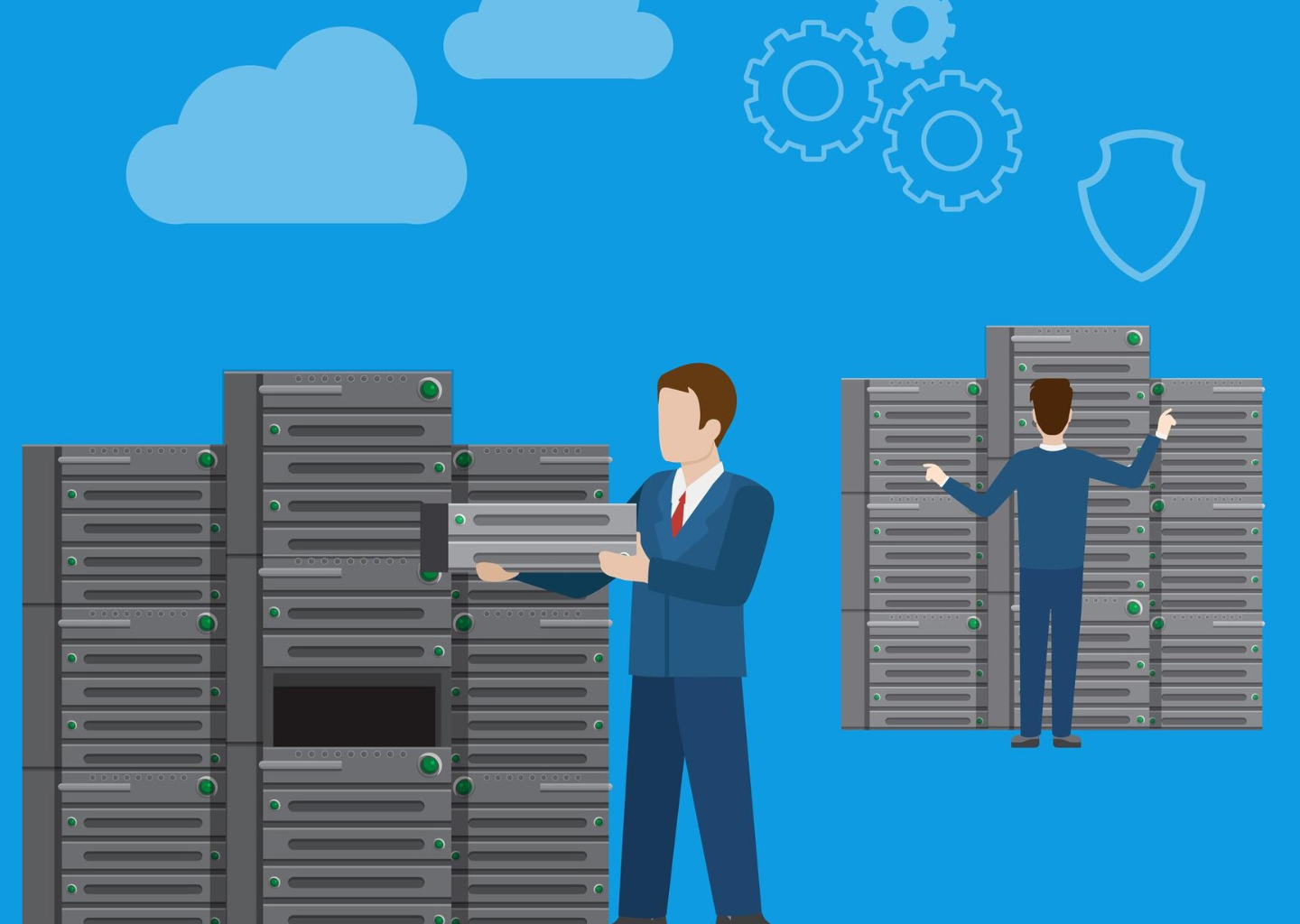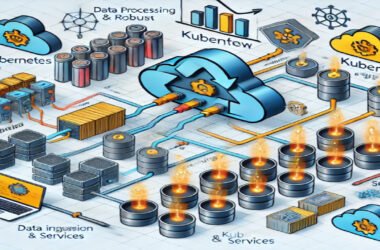Introduction
In today’s fast-paced digital landscape, efficient data processing has become a cornerstone of business success. Managing and analyzing data swiftly and accurately is crucial, giving organizations a competitive edge. This is where tower servers come into play, providing the muscle needed for processing tasks that demand localized attention. Instead of relying solely on remote data centers, these servers empower businesses to manage bespoke workloads efficiently, allowing for swift access to crucial insights and enhanced operational efficiency.
This article delves into the advantages of tower servers in supporting localized workloads and data processing. By examining their architectural design and capabilities, we can better understand how they cater to unique performance needs and drive business innovation and growth.
Understanding Tower Servers
Distinguished by their standalone, vertical form factor, tower servers are well-suited for various computing tasks within localized settings. They are particularly valuable for organizations that prioritize simplicity without compromising on performance. Unlike rack-mounted systems that require specialized setups, tower servers offer a plug-and-play experience that facilitates easy installation.
Moreover, the mini tower server exemplifies the capabilities of tower servers. These systems offer robust performance capabilities while maintaining a small footprint, making them especially attractive to organizations with limited space or those operating in standard office environments. With sufficient room for essential components like multiple CPUs, RAM, and storage drives, tower servers can be tailored to meet the demands of various business applications and localized workloads.
Localized Workload Capabilities
Localized workloads, or tasks processed near their data source, benefit significantly from the design and functionality of tower servers. The localized approach means that data is processed closer to its point of origin, reducing latency and increasing the speed of data analysis. This responsiveness is crucial for industries that require real-time data processing and decision-making capabilities.
The architecture of tower servers supports high throughput, making them ideal for tasks such as real-time analytics, local database management, and data processing from IoT devices. Moreover, having the capability to process data locally minimizes the dependency on external data centers, leading to faster service delivery and reduced operational costs. Businesses using tower servers for localized workloads can significantly enhance operational efficiency while maintaining control over data processing activities.
Benefits of Localized Data Processing
When tower servers handle data processing locally, businesses benefit from reduced latency, in environments where every millisecond counts—such as financial trading platforms or real-time manufacturing process adjustments—the robust processing power of tower servers can mean the difference between success and failure.
Additionally, businesses can significantly expedite processing times by minimizing dependence on remote data centers. Keeping data processing close to its point of origin speeds up operations and enhances data integrity. Companies can ensure higher data quality and more accurate analytics by circumventing potential data transfer errors, leading to better-informed decision-making.
Scalability and Flexibility
Tower servers are celebrated for their scalability, allowing businesses to enhance their capacities as their operational demands expand. This capability is crucial for growth-focused organizations that anticipate increases in their computational requirements yet want to avoid significant infrastructure changes.
The modular and adaptable design of tower servers allows for the seamless addition of components, such as additional processors, expanded memory, and more storage drives as needed. This ensures that businesses can readily tailor their IT solutions to match evolving needs, whether these changes are short-term or permanent, without incurring significant costs or experiencing disruptive infrastructure transitions.
Data Security and Compliance
Maintaining data security is a top priority for organizations in today’s digital environment, and tower servers strongly support data protection and compliance initiatives. By handling data on-site, businesses can mitigate the risks associated with transferring sensitive information over external networks, thus significantly enhancing data security.
On-premise data processing with tower servers allows companies to implement comprehensive access controls and encryption protocols, safeguarding against potential data breaches and ensuring compliance with industry-specific regulatory standards. This enhanced level of control over both physical and digital environments helps build trust with clients and partners, fostering stronger business relationships and ensuring regulatory compliance.
Ease of Maintenance
Tower servers’ straightforward design and accessibility make them easy to maintain and manage, even for organizations with limited IT resources. In contrast to larger, more complex server setups, their intuitive design facilitates simplified management.
With easily swappable components, tower servers minimize downtime during upgrades or repairs. This feature, combined with user-friendly interfaces for monitoring system performance, ensures that businesses can maintain high operational efficiency with minimal disruption. Regular diagnostic capabilities further aid in identifying and resolving system issues swiftly, ensuring the continuous productivity needed to maintain a competitive edge.
Conclusion
Tower servers support localized workloads and enhance data processing capabilities across various business environments. Their flexibility, robust data security, and scalability make them an optimal solution for companies looking to enhance their localized IT operations and streamline processes.
By leveraging tower servers, businesses can position themselves strategically for sustained growth and increased agility in an ever-evolving technological landscape. These servers provide the performance and reliability needed to meet today’s data processing demands, ensuring that organizations remain competitive and well-equipped for future challenges. With minimal space requirements, tower servers are ideal for small to medium-sized enterprises with limited infrastructure. Their quiet operation and ease of maintenance add convenience to daily IT management. As technology evolves, tower servers can be easily upgraded to accommodate new applications and increased workloads. They also support various operating systems and virtualization platforms, offering greater deployment flexibility. Tower servers deliver a cost-effective foundation for robust and efficient business computing.








